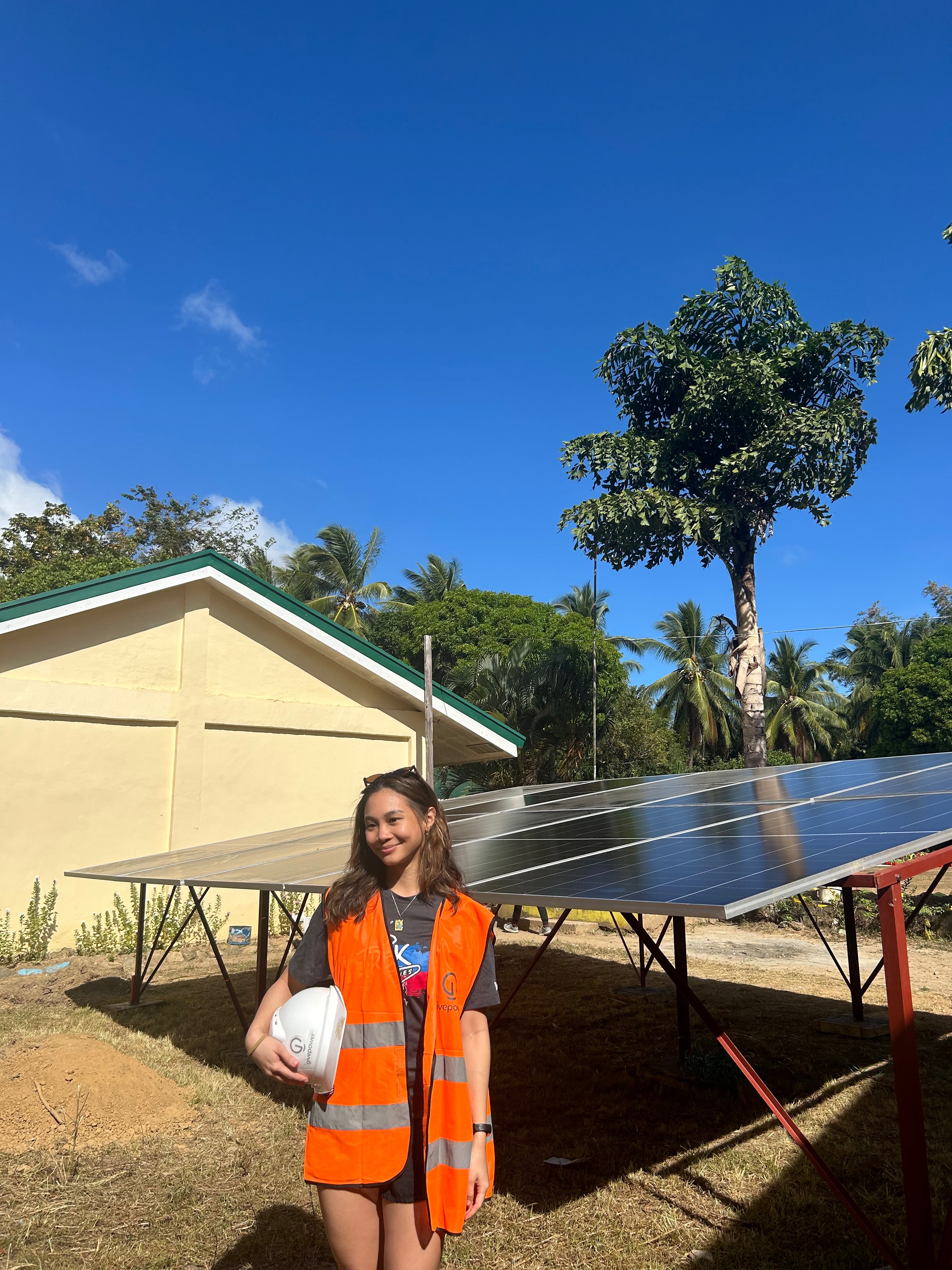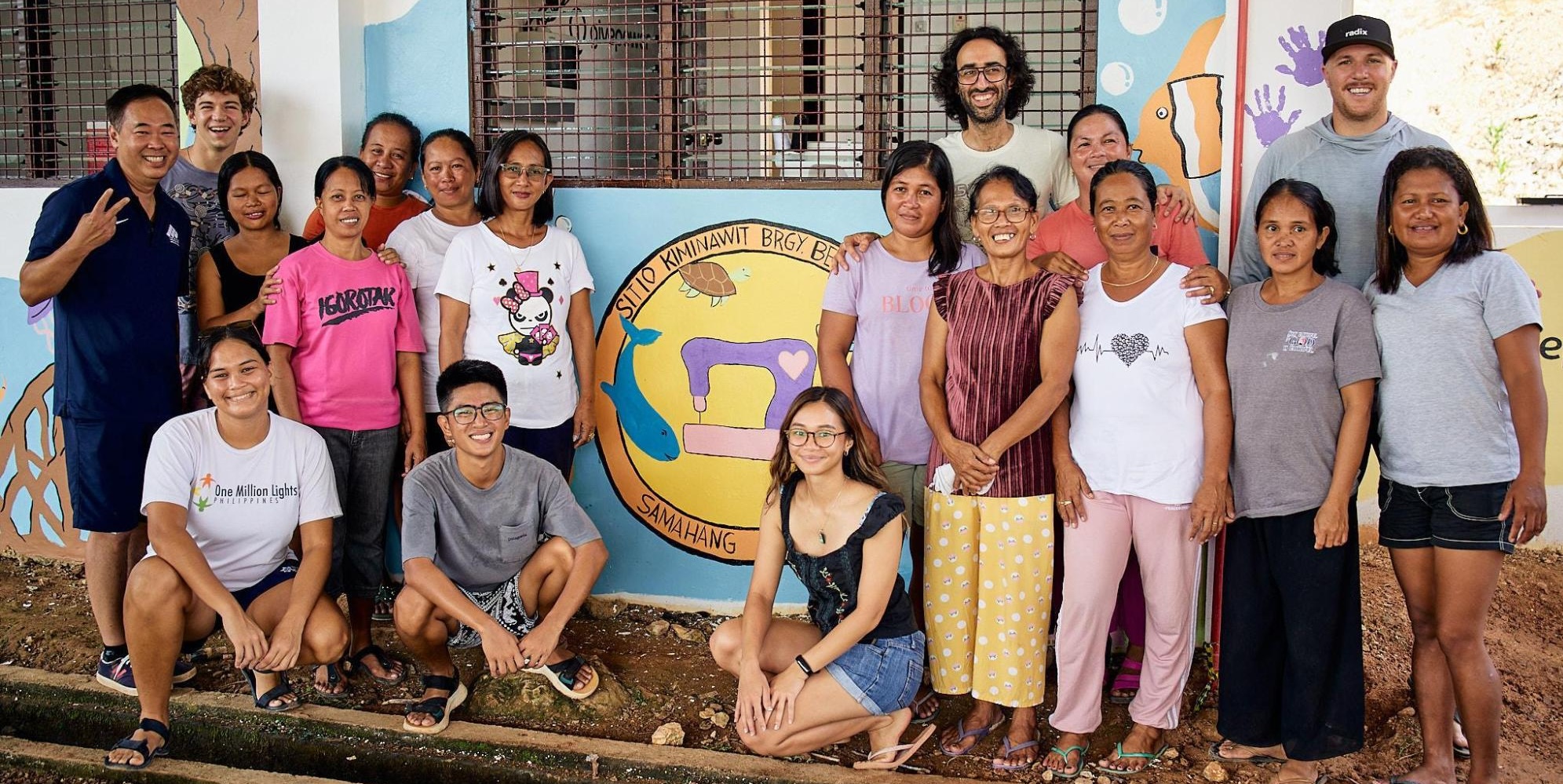
Dr. Sary Valenzuela awarded the Fr. Bienvenido Nebres Scholarship, Georgetown University
The Ateneo Center for Research and Innovation is proud to announce that Dr. Sary Valenzuela, Assistant Program Head for Environmental Health, was awarded the prestigious Fr. Bienvenido Nebres Scholarship and will be joining the 2026 Cohort in the Master in Global Human Development in Georgetown University. She will begin her studies in the fall semester of 2024 in Washington, DC.
This prestigious, merit-based scholarship is awarded to one Filipino every year who has displayed exceptional leadership and passion in health and development solutions in the Philippines. The scholarship supports the full cost of attendance, which includes tuition, enrollment fees, health insurance, etc., for the two years of the course of study.
Dr. Sary Valenzuela is an environmental public health practitioner and is the current Assistant Program Head of the Environmental Health Team, under the supervision of Dr. Geminn Louis C. Apostol. In the last four years, she has published several landmark papers and led several national-level action planning and pioneering research activities in environmental and one health, including the 5-Year One Health Agenda of the PhilCZ, the updating of the 1975 Sanitation Code, and the development of the National Action Plan to Combat Antimicrobial Resistance 2023-2028.
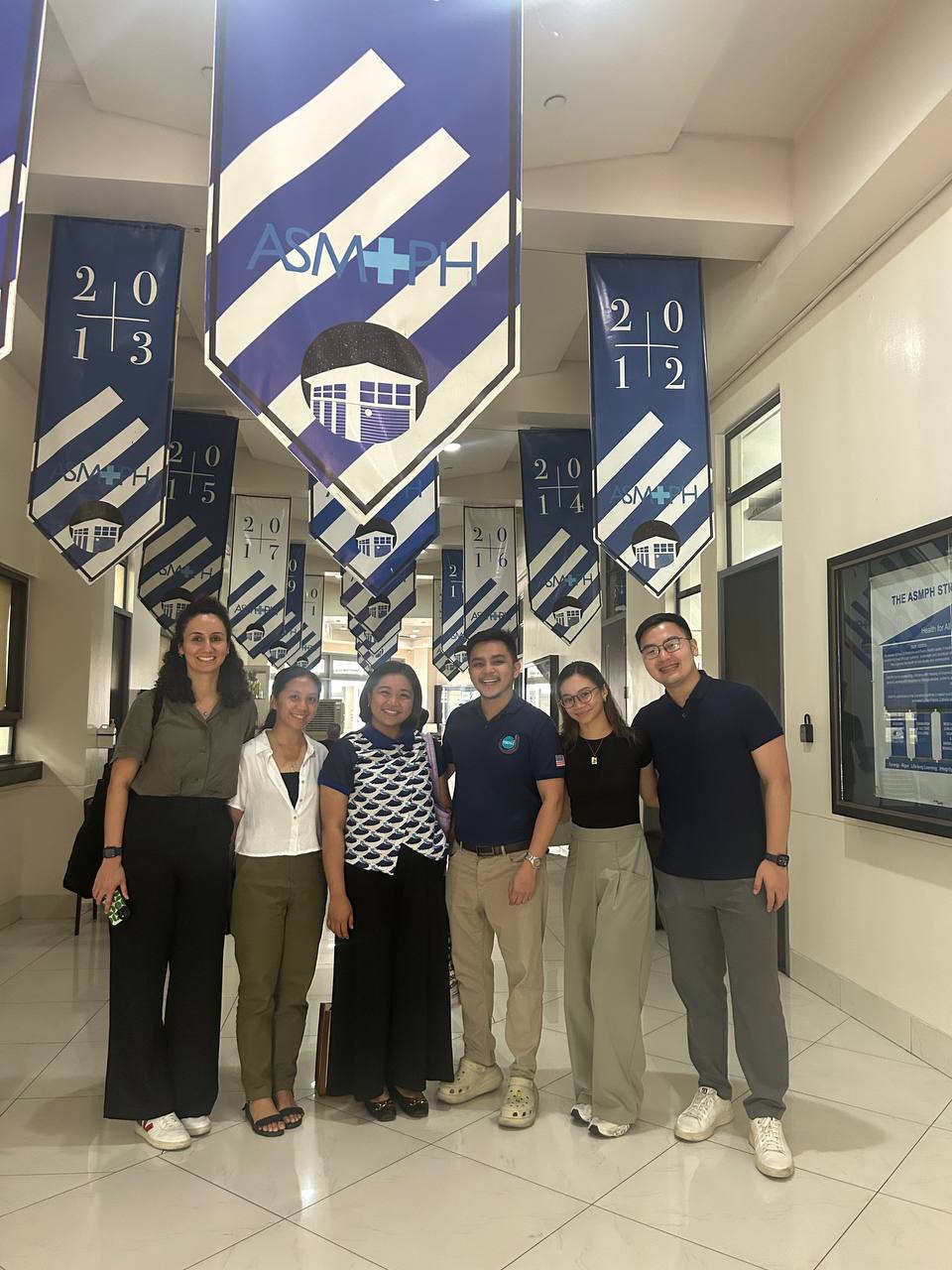
“I found fulfillment in this niche, emerging space in the Philippines, knowing that I could create bigger impact by influencing policies and health systems that would trickle down to individual health practitioners,” Dr. Sary shares, “The effects of climate change are felt now more than ever, and I am honored and privileged to have found myself a role that is able to influence inclusivity in national and sub-national initiatives in the health-environment nexus. It is so important to use evidence-based research to continue championing women and other vulnerable populations who are often left out of the conversation in policy planning and programming.”
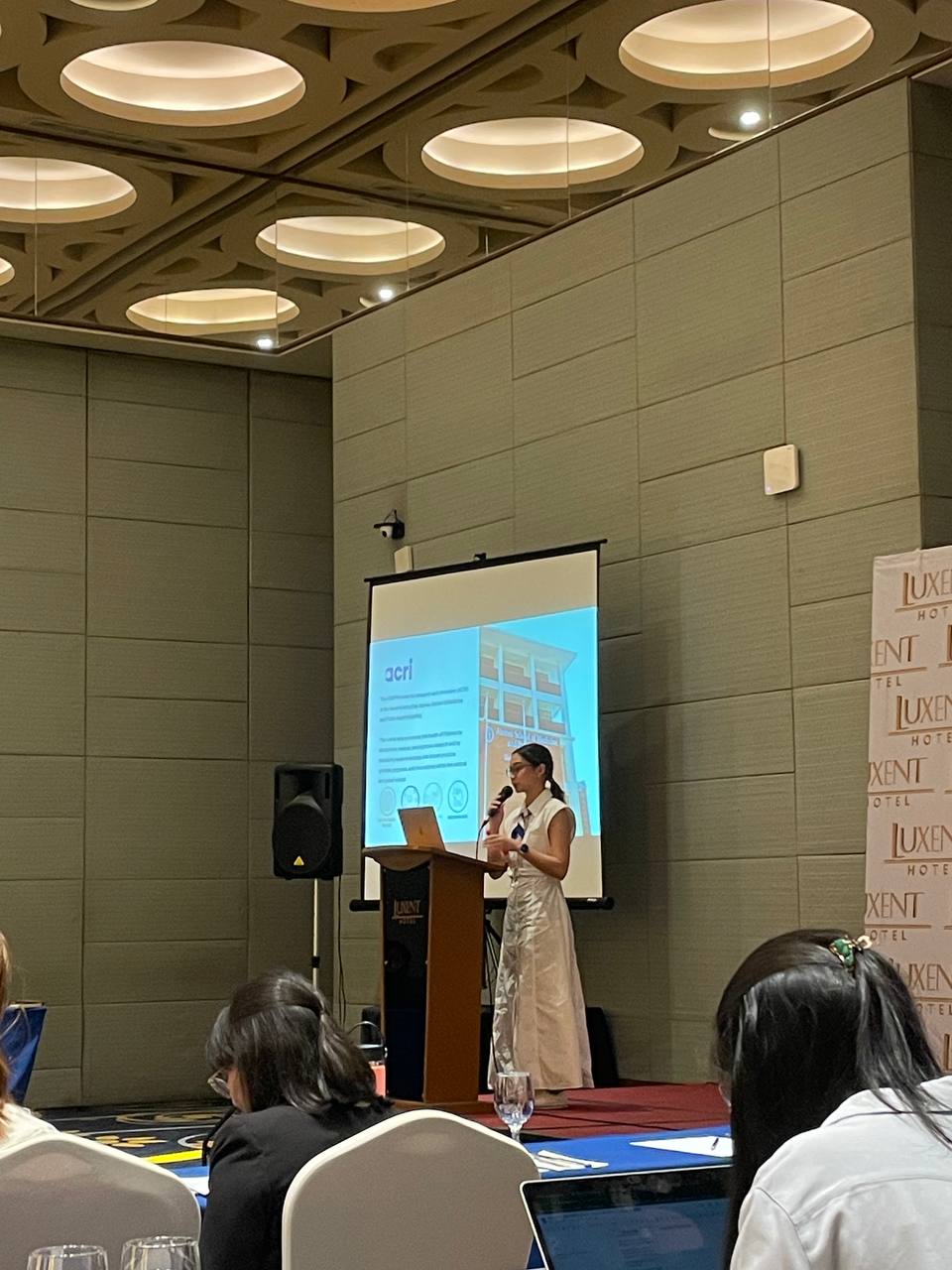
Her love for service and the environment began eight years ago as part of One Million Lights Philippines, an internationally-recognized non-profit organization that aims to free vulnerable, off-grid communities from energy poverty. In her time as a volunteer, she supported, helped raise funds, and organized multiple solar light distributions, impacting more than 1000 Filipino families in multiple provinces around the Philippines. During the pandemic, she served as the Marketing Director, and is currently a board member and medical consultant for the organization.
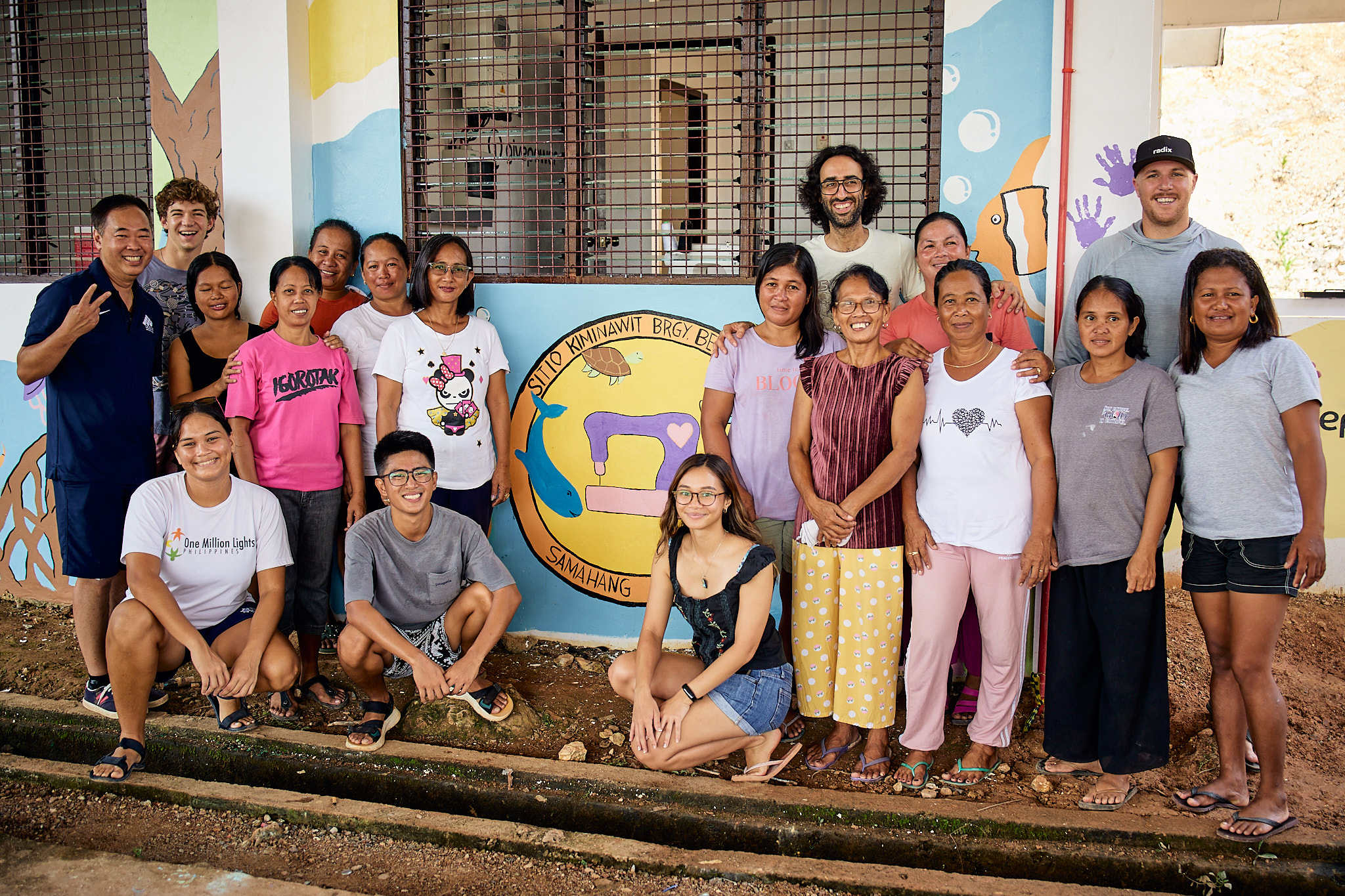
Dr. Valenzuela received her Bachelor’s degree in Psychology from the University of the Philippines, graduating Magna Cum Laude, and received her Doctorate in Medicine from the University of the East, Ramon Magsaysay Memorial Medical Center.
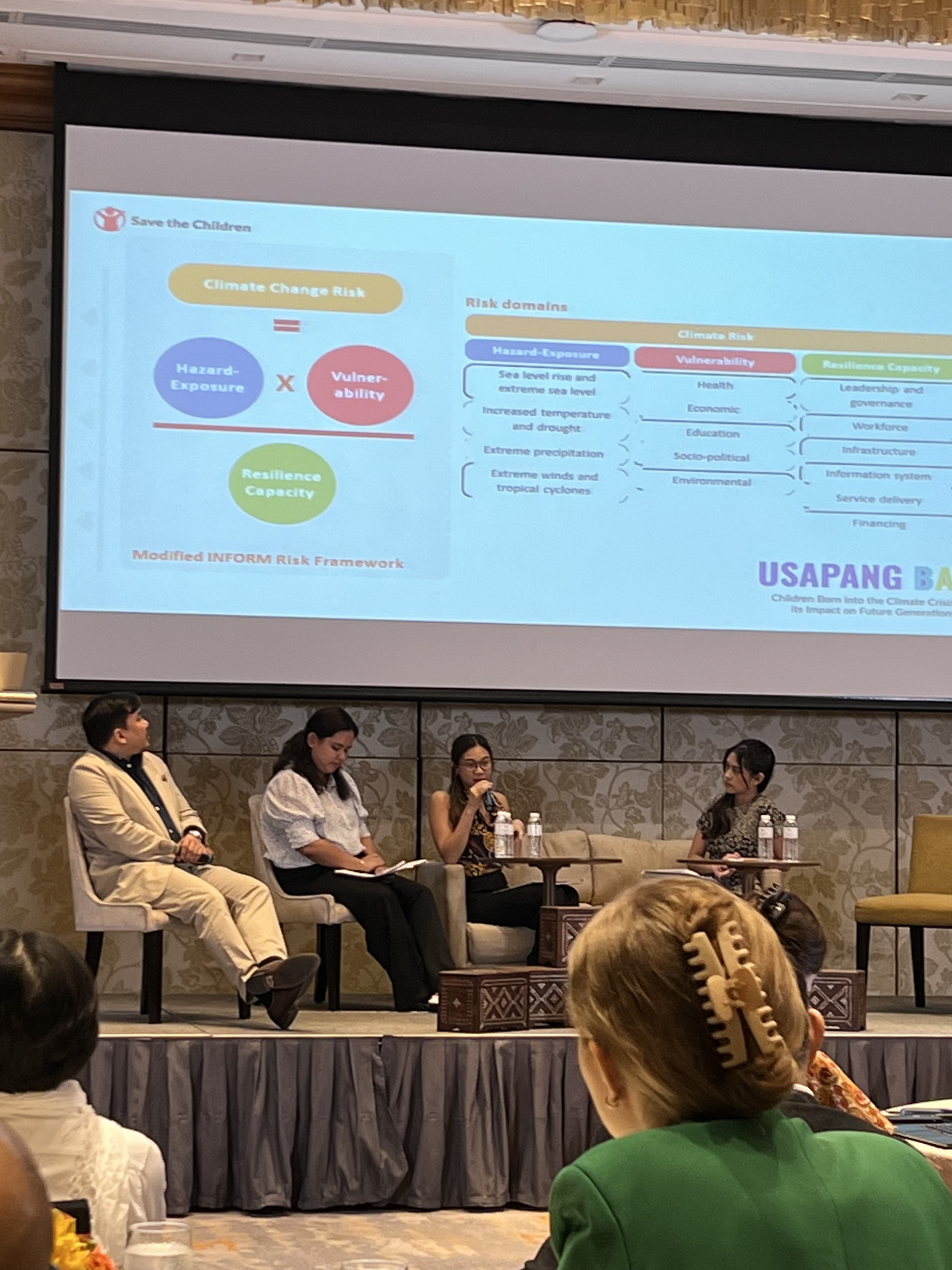
-
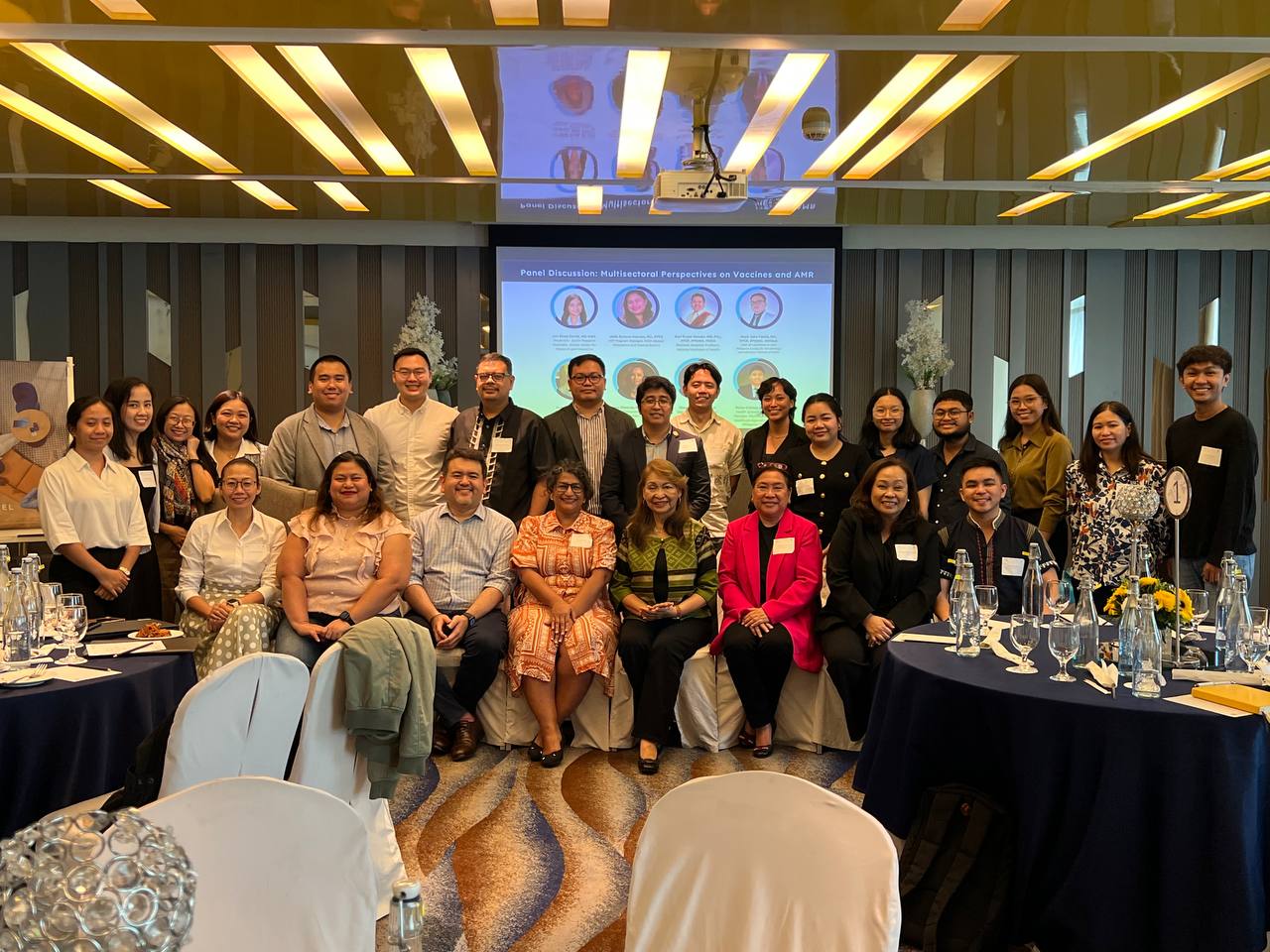
The Unseen Link: Vaccines and Antimicrobial Resistance in the Philippine Context
Antimicrobial resistance is already claiming lives, and the global pipeline for new antibiotics is shrinking. In August 2025, experts gathered to explore a critical question: Can vaccines become a frontline weapon against AMR? The science is clear—by preventing infections, vaccines reduce antibiotic use and slow resistance. But translating this into action means confronting data gaps, political barriers, and financing challenges. As one expert noted: "When we vaccinate, we reduce the frequency of these diseases. That means fewer antibiotics—used and misused." With no country in the Global South yet integrating vaccines systematically into AMR strategies, the Philippines has a chance to lead—if stakeholders can move from consensus to action.
-

Advancing vaccine uptake to mitigate antimicrobial resistance (AMR) in low and middle-income countries of South or South-East Asia
This project explores how strengthening vaccine uptake can serve as a key strategy to mitigate antimicrobial resistance (AMR) in the Philippines and across South and South-East Asia. By reducing the burden of vaccine-preventable diseases and the unnecessary use of antibiotics, the study aims to provide actionable recommendations for national and institutional stakeholders to better integrate vaccination initiatives into AMR control efforts, ultimately contributing to stronger, more resilient health systems.


